Review: ALL WE EVER WANTED by Emily Giffin
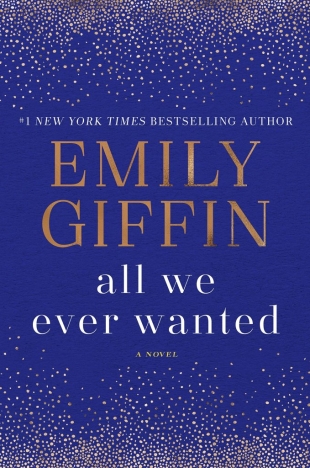 All We Ever Wanted by Emily Giffin
All We Ever Wanted by Emily Giffin 
Published by Ballantine Books on June 26, 2018
Genres: Women's Fiction, Fiction
Pages: 400
Source: Netgalley
Amazon
Goodreads
FTC Disclosure: I received a complimentary copy of this book from the publisher via Netgalley. All opinions are my own.
MY REVIEW:
Emily Giffin’s new novel All We Ever Wanted is an emotionally charged drama that deals with the wide ranging fallout from a party gone wrong. The story follows Lyla Volpe, a young woman, who through hard work and good grades, has earned herself a spot at the prestigious Windsor Academy. Because her family is not wealthy like most of the other families who have kids there, Lyla often feels she doesn’t quite fit in Overall, she’s happy but does wish that she fit in better socially with her classmates. When the opportunity to attend a big party where the boy she has a crush on is sure to be, Lyla is immediately on board. Things go south at the party though, when after having too much to drink, Lyla passes out on someone’s bed and a sexually explicit photo is taken of her, and along with a completely racist caption, is passed around on social media.
Finch Browning, who is actually the boy Lyla had a crush on, is the one who is accused of taking the photo, putting the racist caption on it, and sharing it with his friends. When Finch’s parents find out, they are understandably upset, although for very different reasons. Finch’s dad is worried that Finch’s acceptance to Princeton will be revoked if this incident goes on his school record, while Finch’s mother is appalled because what does it say about her as a parent if Finch really did do this and has so little respect for women. Add Lyla’s father, Tom, into the mix, who would probably really just like to murder Finch for messing with his little girl, or at minimum, get him kicked out of school, and you have a recipe for contentious encounters and a highly emotional and dramatic read.

What I enjoyed most about All We Ever Wanted is how realistic and relatable the overall plot of the story is. In this day and age of social media obsession, what happens to Lyla is pretty much every parent’s nightmare, whether you’re the parent of the girl in the photo or the parent of the boy who is accused of taking the photo and sharing it with all of his buddies. I could easily see what happened with these students happening at pretty much any party in any community.
Not only was the situation itself realistically portrayed and relatable, but the characters were drawn equally realistically as well, especially Tom and Nina. As a parent myself, I thought that every parent involved reacted as I expected they would. Lyla’s father wants to protect his daughter at all costs and make those responsible for humiliating her pay, while Finch’s mother, although she of course loves her son and wants to protect him, knows that he also needs to face the consequences for his actions. The reactions were dramatic and often messy, but they manage to be that way without falling into the melodramatic, soap opera category, mainly because it was just so easy to understand where each of them were coming from with their reactions. I felt the same about Lyla, who is torn between wanting to make someone pay and wanting to just forget that it even happened and move on with her life.
I also found All We Ever Wanted to be a powerful read in the sense that in addition to exploring all of the fallout from the actual incident at the party, it also exposes and explores a lot of other important and sometimes ugly issues: racism and prejudice, slut shaming and victim blaming, white privilege, and elitism. It even exposes those ugly people that we all know who thrive on other people’s problems because those problems make for good gossip.
Although I think the story would have been engaging no matter how it was presented to the reader, I really liked that Giffin has the story unfold from the perspective of three narrators: Lyla; her father, Tom; and Finch’s mom, Nina. I felt like this approach added so many layers to the story that we might otherwise not have gotten if the story had come from – say, Finch—instead. This way, we don’t hear from Finch so whether or not he actually did take the photo remains a mystery for much of the book. Instead, however, we are presented with some backstory of each of the other main characters, which further fleshes out their motivations for why they act the way they do upon learning about the photo incident. The incident dredges up a lot of painful experiences from the past and causes both Nina and Tom to really start to question themselves, past choices they’ve made, and whether the lives they are currently living are even what they want anymore. So, in this sense, the story is so much more than just the incident at the party and whether or not someone is going to be punished for it.

My only dislike, and I’m pretty sure we’re meant to dislike him, is Finch’s father. He was arrogant, obnoxious, and although I did appreciate that he didn’t want to see his son’s future destroyed by a single lapse in judgment, I still found it appalling that he thought he could just throw money at a problem and make it go away. He had no interest whatsoever in imposing any kind of real punishment on his son to teach him a lesson and he had equally no concern for Lyla who was the real victim in the whole incident. He was just a horrible person and I felt my blood pressure rise every time he appeared in the book.

This was my first time reading one of Emily Giffin’s novels and I have to say it was just overall a very enjoyable read. Giffin’s effortless writing style, along with such relatable characters and scenarios, made me breeze right through the story eager to find out how all of the characters would fare in the end. I look forward to going back and trying some of Giffin’s earlier novels now that I’ve gotten my first taste of them.

GOODREADS SYNOPSIS:
In the riveting new novel from the #1 New York Times bestselling author of First Comes Love and Something Borrowed, three very different people must choose between their family and their values.
Nina Browning is living the good life after marrying into Nashville’s elite. More recently, her husband made a fortune selling his tech business, and their adored son has been accepted to Princeton. Yet sometimes the middle-class small-town girl in Nina wonders if she’s strayed from the person she once was.
Tom Volpe is a single dad working multiple jobs while struggling to raise his headstrong daughter, Lyla. His road has been lonely, long, and hard, but he finally starts to relax after Lyla earns a scholarship to Windsor Academy, Nashville’s most prestigious private school.
Amid so much wealth and privilege, Lyla doesn’t always fit in—and her overprotective father doesn’t help—but in most ways, she’s a typical teenage girl, happy and thriving.
Then, one photograph, snapped in a drunken moment at a party, changes everything. As the image spreads like wildfire, the Windsor community is instantly polarized, buzzing with controversy and assigning blame.
At the heart of the lies and scandal, Tom, Nina, and Lyla are forced together—all questioning their closest relationships, asking themselves who they really are, and searching for the courage to live a life of true meaning.


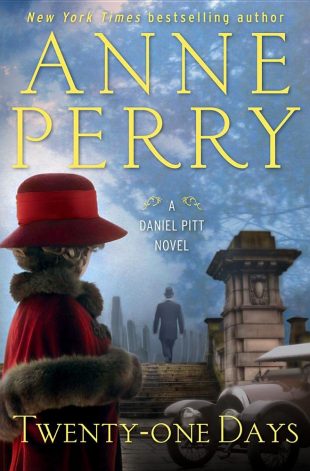 Twenty-One Days (Daniel Pitt, #1) by
Twenty-One Days (Daniel Pitt, #1) by 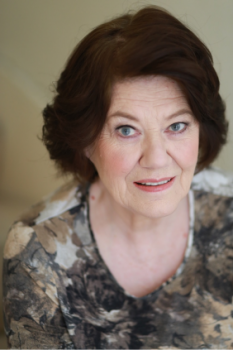
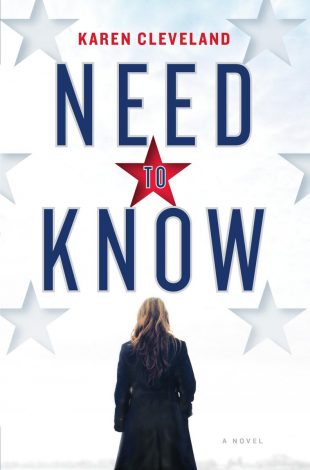 Need to Know by
Need to Know by 

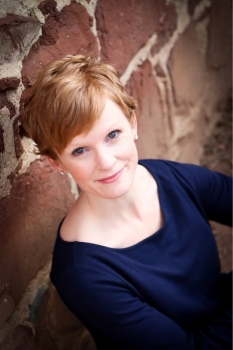
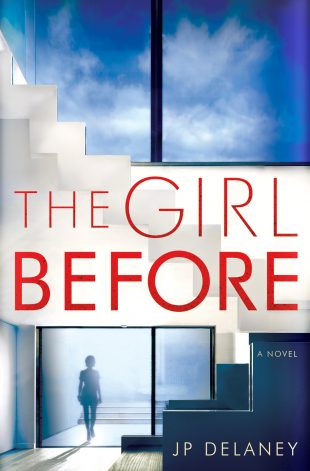 The Girl Before by
The Girl Before by 
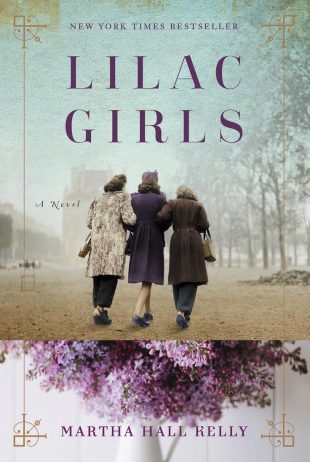 Lilac Girls by
Lilac Girls by 
